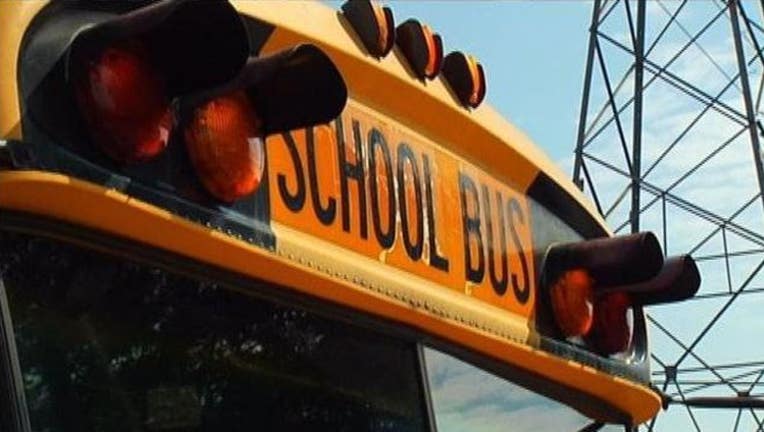$6,500 school vouchers bill stalls in Georgia House

ATLANTA - Georgia Republicans shelved a plan to broaden state voucher funding for private school tuition and home schooling on Thursday, apparently lacking the votes for passage in the state House after a long debate.
The House voted 95-70 to table the bill, meaning it could be taken up again before the 2023 session ends Wednesday. If not voted on this year, it could be considered again in 2024.
Still, the failure to pass the $6,500 per student yearly voucher was surprising after the measure appeared to inch toward passage in the House, which has historically been cooler toward voucher bills than the Senate has.
House Speaker Pro Tem Jan Jones, a Milton Republican, told lawmakers she had never supported a voucher bill before but "times evolve."
"It's become clear over these 20 years that our state and our constituents, in particular after COVID with a couple of years of disruption, there are some of them who would like another option," Jones said.
Republican Rep. Will Wade of Dawsonville, who as a floor leader carries legislation for Gov. Brian Kemp, told members that Kemp supports the bill. That could be a key factor in winning over wavering Republicans but is also likely a sign that supporters are scraping for every last vote to reach a majority.
"He really appreciates and supports this legislation, because this strikes the balance that this discussion needs," Wade said of Kemp. "It gives parents choices."
Garrison Douglas, a spokesperson for Kemp, declined to comment further.
The Georgia push is part of a nationwide GOP wave for what supporters call education savings accounts following the pandemic and amid culture war fights over what children should learn in public schools.
Supporters argue that vouchers for private school tuition, home schooling supplies, therapy, tutoring or even early college courses for high school students would help those in poorly performing schools.
Opponents say they will divert needed public school funding and subsidize institutions that discriminate against people who don't share their social and religious views. They also argue that at $6,500, poor recipients won't get enough to pay private school tuition.
"School vouchers are government-subsidized scholarships that put private schools ahead of public schools," said Democratic Rep. Miriam Paris, of Macon. "Instead of assisting most Georgia families, this is a gift to our most well-off Georgians."
Under the proposal, only children served by state schools scoring in the lowest 25% could benefit.
Lawmakers each year would determine funding, and thus the number of beneficiaries. It would cost more than $110 million if 1% of Georgia's 1.75 million public school students participated.
Georgia already gives vouchers for special education students in private schools and $120 million a year in income tax credits for donors to private school scholarship funds.

